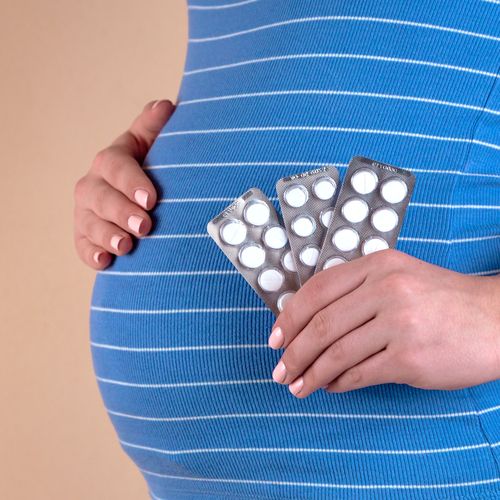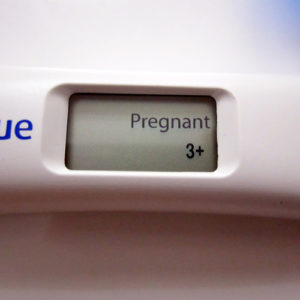Vitamin D is an essential nutrient that enables calcium absorption and supports immune function and cancer prevention. However, vitamin D deficiency affects close to 50% of people in the UK. There are several reasons why deficiency is prevalent.
First, vitamin D production depends on sufficient sunlight exposure. Covering skin or using sunblock prevents vitamin D synthesis. Darker skin tones or obesity can also limit production.
Diet is the other source. Only a few foods naturally contain vitamin D like egg yolks and oily fish. While fortified dairy offers some, many people do not regularly consume enough vitamin D-rich items in their diet. Between inadequate sun exposure and low dietary sources, deficiency is common.
The Risks of Vitamin D Deficiency during Pregnancy
During pregnancy, vitamin D has an important role in proper fetal bone development. Deficiencies in pregnant women can lead to a higher risk of skeletal issues in infants like rickets and abnormal bone growth. Some research also indicates maternal deficiency may raise chances for preterm birth, preeclampsia complications, and newborn infections.
Since vitamin D passes from mother to fetus, pregnant women who lack sufficient levels cannot provide enough for ideal bone health. Given the significance during fetal growth, deficiencies come with notable risks. If you are worried that you might be Vitamin C deficient, a home test kit for Vitamin D deficiency can help you to determine if you are lacking in this vitamin.
How to Get Vitamin D
The primary natural source of vitamin D comes from moderate sunlight exposure. Consuming eggs, fatty fish, and fortified dairy can also boost levels. However, given widespread deficiency, supplements offer the most reliable solution according to health experts.
While recommendations are still being researched, most sources suggest pregnant women need 600-2000 IU (international units) of vitamin D daily. Standard prenatal vitamins contain approximately 400 IU. Achieving ideal levels requires additional supplementation. For example, Seven Seas Trying for a Baby Vitamins contain 200 IU of Vitamin D, Pregnacare Conception contains 800 IU as Vitamin D3.
When selecting supplements, experts recommend the cholecalciferol form as it is the most potent. For vegans, ergocalciferol derived from plant sources is suitable. To determine personal dosage needs or the best supplement match, pregnant women can consult their healthcare provider. Ensuring adequate vitamin D is crucial for maternal and fetal health.
Photo by Volodymyr Hryshchenko on Unsplash
Zoom Baby is a leading supplier of Pregnancy Tests and Ovulation Test Kits





